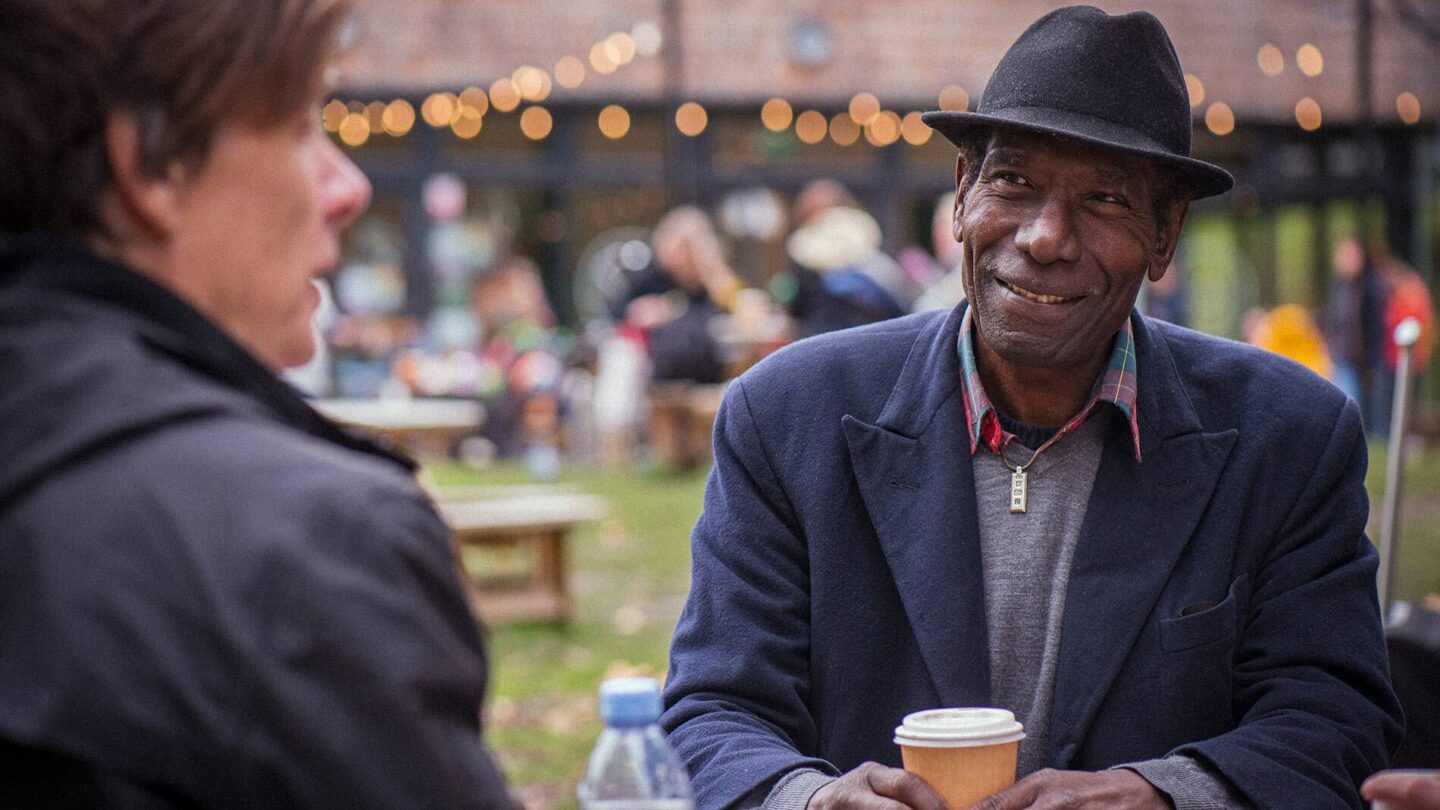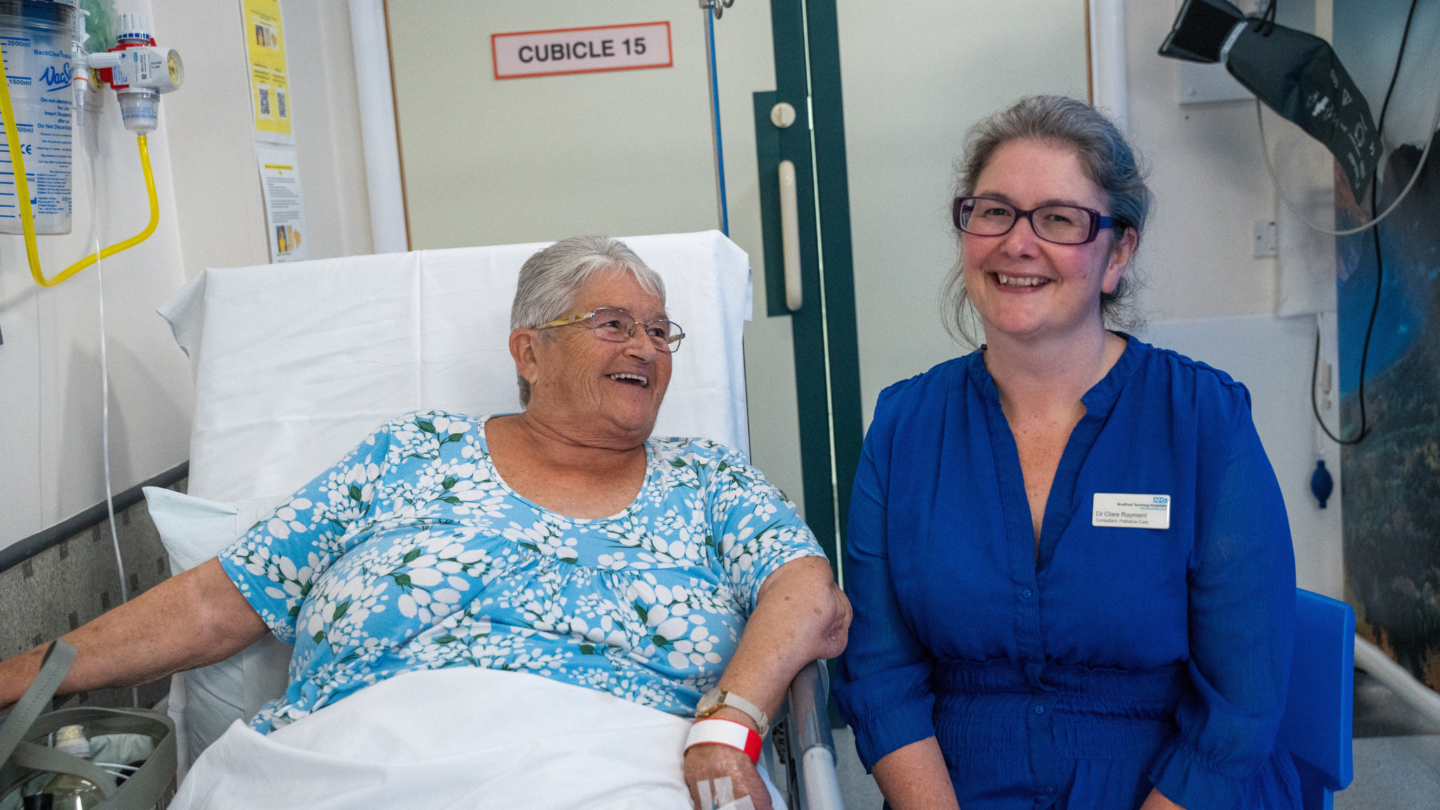
It’s time to ditch the distinction between online and offline lives

While the Online Safety Bill continues to be debated in the House of Lords, campaigners rightly continue to raise the alarm about online dangers to children. Governments everywhere need to do more and move faster to make the digital world safer. Focusing on the role of tech platforms is crucial, but it won’t be enough to protect children online.
A binary distinction between online and offline worlds is increasingly redundant, especially when it comes to understanding the impact of tech on young people’s mental health. Too often, we either demonise tech as the cause of mental ill health, or dismiss online experiences as not harmful because they are ‘not real.’ In reality, being online can be harmful and beneficial, as the President of the American Psychological Association said recently. We can only understand the impact of tech on young people in the context of a broad range of other factors that bridge online and offline dimensions.
According to research conducted by Ofcom, nearly all children (99%) aged 5–15 went online in 2021, and the majority of children under 13 had their own profile on at least one social media app or site. At age four, 17% of children already had their own mobile phone and 24% had their own social media profile. By the time children reach early adulthood, they’re spending over five hours a day online.
As tech use has risen, so have rates of many mental health problems among today’s youth. In the U.K., depressive symptoms and self-harm at age 14 increased from 9% to 14.8% and 11.8% to 14.4% respectively from 2005 to 2015. NHS Digital data shows that 17.4% of 6–16-year-olds ‘had a probable mental disorder’ in 2021, up from 11.6% in 2017. The correlation between these two phenomena has led some to suggest a causal link here, but the truth is likely more complicated.
On the one hand, we know that young people experience harms online which negatively impact their mental health. Young people themselves report that they have experiences online that negatively impact their wellbeing. Social Finance conducted qualitative research with 6–25-year-olds in schools and youth groups across England. We found that in most cases, the majority had viewed potentially harmful content online in the past month. This was most commonly experiences of online bullying and harassment, including sexual harassment and non-consensual image-sharing. Online eating disorder and animal abuse content were also mentioned as being particularly upsetting.
Children and young people we spoke to told us that these experiences can contribute to low self-esteem, anxiety, sadness, self-harm and suicidal ideation, but that adults around them do not always give online incidents the same level of attention as offline incidents. This is seriously worrying, and we need to recognise online experiences as having the potential to cause just as much harm as offline experiences.
However, we must not oversimplify the role of social media in poor mental health outcomes. Social media is one of many online and offline factors that affect children and young people’s mental health, and the impact that an online experience has on a young person is influenced by various ‘offline’ factors including demographics, adverse childhood experiences, and existing support. When a young person is upset by something online, it is important to explore what else is going on online and offline for that individual, in order to best understand how and why the online experience may be harmful.
Moreover, there are many positive aspects of being online and focusing too much on the dangers of social media risks neglecting the many benefits social media can bring to young people. Young people told us they find advice to simply stop going online or delete apps unrealistic and unhelpful, and research by Ofcom found that the majority (58%) of 8–15-year-olds find using social media and messaging platforms makes them feel closer to their friends.
Our own research using online anonymous surveys found online communities and friends may be particularly important to young people who experience higher levels of anxiety and depression, identify as being of a minoritised ethnicity, and/or belong to the LGBTQI+ community. Risk-focused approaches to social media which aim to limit access may therefore threaten vulnerable young people’s support networks.
In a world where tech is becoming ever more integrated into our lives, binary online/offline distinctions are missing the point. If we want to effectively support and protect young people online, we need to take a holistic approach which explores interactions between their online experiences and other areas of their identity and their lives.

